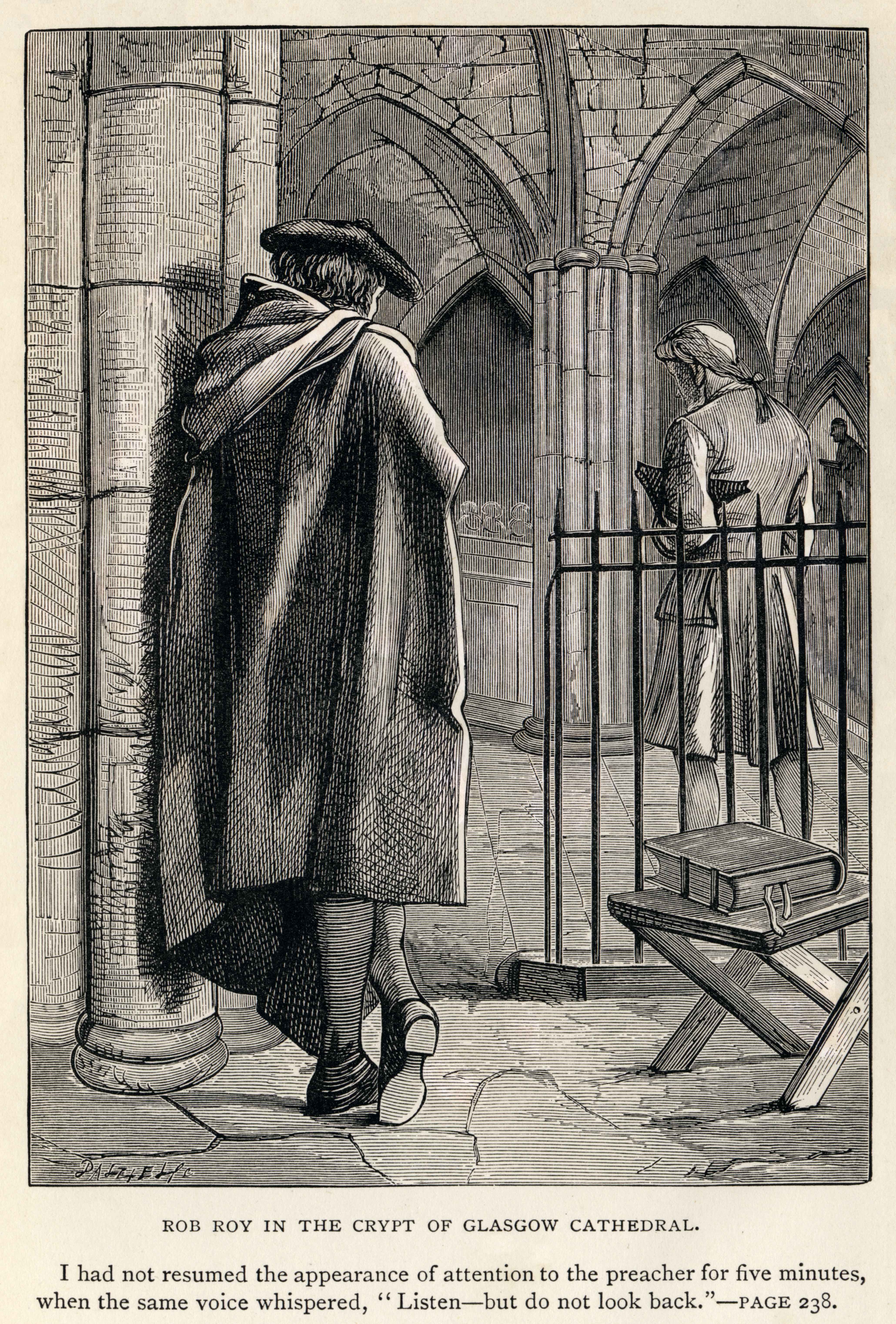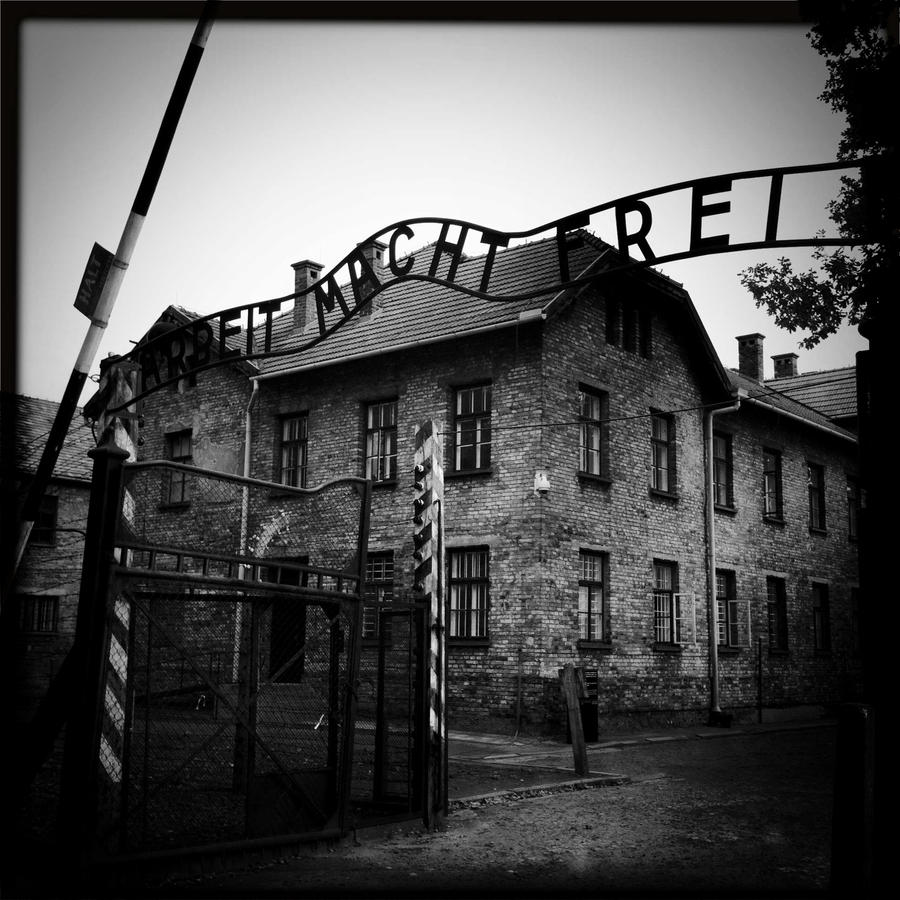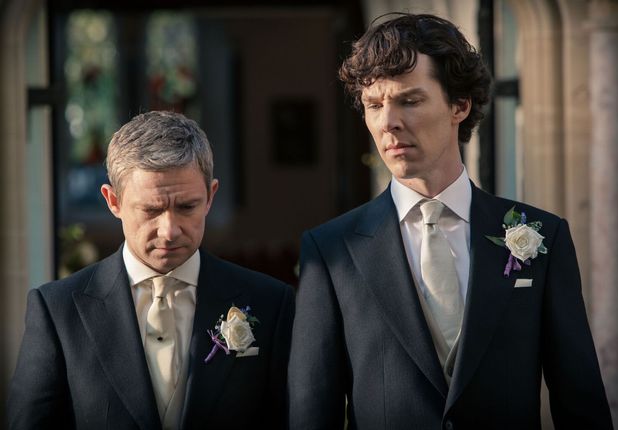 “Honour is a homicide and a bloodspiller, that gangs about making frays
in the street; but Credit is a decent honest man, that sits at hame and
makes the pat play.”
“Honour is a homicide and a bloodspiller, that gangs about making frays
in the street; but Credit is a decent honest man, that sits at hame and
makes the pat play.”
There are few writers who have done as much for Scottish literature as Sir. Walter Scott. He was widely popular in his own time and remains so to this day with such classics as Ivanhoe, Waverly, and the Lady of the Lake. In 1815, he published a story of one of Scotland's most legendary characters, Rob Roy MacGregor. As the Scots were trying to adjust to being under English rule, Scott tried to use this person, at once beloved and hated, as a symbol for everything that was both good and wrong with Scotland.
The Plot:
Frank Osbaldistone is a young Englishman who has chosen not to follow in his father's footsteps in trade. In retaliation, his father sends Frank to live with his uncle at the family home of Osbaldistone Hall in Northumberland and offers a lucrative position in the firm to Frank's cousin Rashleigh. Frank is very much out of his element up north among his uncle and cousins. He is Protestant and they are Catholic. He loves to read and write poetry while they are all for manly sports. He is loyal to King George while they are Jacobites. But not everything about the Hall is so dismal. He almost instantly falls for the beautiful and intelligent Diana Vernon who is living at the Hall as the ward of his uncle. As he is one of the few people whom she can have an intelligent conversation with, she takes a liking to him and warns him that Rashleigh is not a person to be trusted in such an important position as the one he has been offered.
Sure enough, her prediction comes true as Rashleigh absconds with important documents whose loss could bring ruin to Frank's father's firm. Frank must now travel to Scotland, where Rashleigh has fled, and do what he can to restore the papers to his father. Along the way, he must accept the help of Rob Roy, the notorious highland chief, cattle dealer, and blackmailer. He soon discovers that these papers will have an effect, not just on his own family, but on the fate of Scotland itself.
My Review (Caution - Spoilers):
I first encountered Sir Walter Scott's work when I read Ivanhoe, which I loved. Though there were some obvious historical inaccuracies in that novel, it was still a great read with an engaging plot and memorable characters. I decided to try one of his novels set in his native Scotland.
It is pretty obvious to anyone with a basic understanding of Scottish history that Scott was pro-Union. He does everything he can to show the economical benefits of Scotland's union with England and to downplay the loss of its self-governance. The Catholics and Jacobites are often spoken of in rather patronizing ways and portrayed as being decent people DESPITE these circumstances rather than because of them. No matter what your political persuasion on this issue, it is certain that Scott is only really telling half the story. At the same time, it can be argued that Scott is trying to clear away the romantic mist that pervades so much of Scotland's history. Too often such characters as Roby Roy are simply the stuff of legend and their true histories never revealed. Scott attempts to downplay some of the romantic aspects of Rob Roy and instead portrays him as simply a man who is neither 100% good nor 100% bad.
If there is one thing that Scott can do, it is create some strong and intelligent female characters. Diana Vernon is downright amazing. She is smart, beautiful, loyal, and brave. When Frank first meets her, she is joining the Osbaldistone boys in a fox hunt. Her hair is down, she is flushed, and clearly enjoying the thrill of the hunt. She addresses people in a very frank and earnest manner, and almost holds court wherever she is. She reminds me of an ancient warrior Queen whose followers behold her in reverential awe. Even though Frank often bemoans her seeming lack of propriety and understanding of what is socially acceptable for a woman, he can't help but admire her.
Though there are interesting and unique aspects to this book, it isn't a perfect read. It can seem very slow-going and we are over halfway through the novel before we even get to Scotland. And Frank is a somewhat bland lead character and narrator. To me, he often came across as snooty and self-satisfied. There are also aspects of the novel that would probably make more sense if I was Scottish. Many of the conversations were written in the Scots dialect which could be very hard to understand. And it is pretty important to have a basic understanding of Rob Roy's background as Scott spends precious little time actually delving into that.
This was a decent read, and an important one if you are interested in Scotland, the works of Sir Walter Scott, or Scottish literature in general. Probably not one that I will come back to, but worth the initial reading.
The Movie:
There is a 1995 film that is supposedly loosely based on this work. It is also entitled Rob Roy and stars Liam Neeson, Jessica Lange, and Tim Roth.























